Grief to promoting education: Jacqueline’s inspiration to end FGM/C
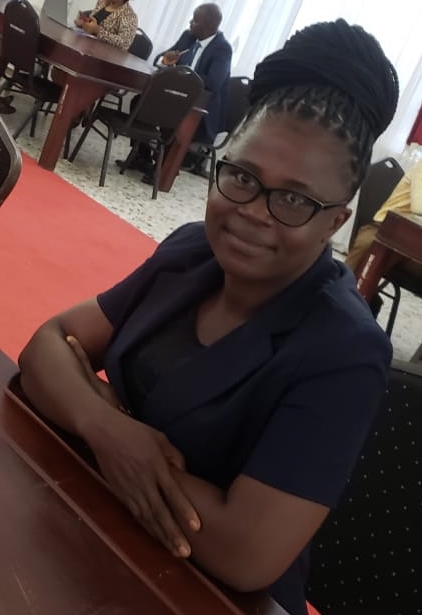
By Megan Seaver Jacqueline’s story with female genital mutilation/cutting (FGM/C) is one of both survival and advocacy. She works tirelessly to prevent other families from pressuring their daughters to undergo FGM/C, and the origins of her work are from her own insight after undergoing the practice herself. “Until age 7 on that day, I had two lovely childhood girl friends… We were meant to be mutilated on the same day. But me being the granddaughter of the cutter, they went through the exercise first… It ended up causing their death, because the bleeding from the cut began to spread.” Jacquline found it difficult to forgive her grandmother for her participation in carrying on the harmful practice. This loss of her friends and the disagreements with her grandmother allowed her to realize how dangerous FGM/C is. “Going through the practice of FGM/C [female genital mutilation] myself at a very early age and also seeing other girls go through it too, I know that pain that the cut causes. That is why I feel the practice must end with me, and a new generation must begin with me, so no one else feels that pain.” “I knew that it was my mission, to carry on this message to a wider audience. In spirit, in my community, and in my country. And to also save my girls from going through the same practice. I have three beautiful girls and none of them are taking the cut.” Jacqueline is the founder of the Covenant Foundation for Girls (COFGIRLS), The organization focuses on providing educational information about the dangers of FGM/C to young girls, and also goes to rural areas to create dialogues surrounding ending FGM/C. In 2010, Jacqueline and her team received a grant from Equality Now to support their educational efforts to visit villages to educate young girls and their parents about FGM/C. “So we were a team of seven persons… but four of my other teammates did not go through the practice, so they didn’t understand the [negative] response we would get when bringing up FGM/C in rural villages.” Taboos associated with speaking about FGM/C can make educational efforts difficult and conversations to end the practice were met with hostility; Jacqueline remembered in one village, choosing to stick up for her teammates, and taking responsibility for bringing up the topic of FGM/C in that setting. She pointed to the combination of a lack of education and the establishment of the practice within the rural communities that made this advocacy work so challenging. Jacqueline does not view FGM/C as “a cultural heritage that needs to be upheld.” Rather, she emphasizes a “need to have a national dialogue, to bring together stakeholders and chiefs” to work towards ending it. Years later, her activism led her to attend the 2023 Women Deliver Conference held in Kigali, Rwanda. At the conference, Jacqueline signed on as a founding member of the newly emerged End FGM/C Network Africa, an organization aimed at uniting voices of advocacy in the hope of influencing those in power to support the end of FGM/C in Africa. The future is bright for Jacqueline’s advocacy work. When asked about where to go from here, she mentioned the vital importance of educating men on the harm that FGM/C causes, and how their support of the practice in communities she works with has led to irreversible trauma for the women in their families and communities. “Everyone, especially parents of survivors, need to learn the truth about female genital cutting and help us to save our girls’ futures. FGM/C is cruel, deadly, and an abuse of human rights.”
FGM/C Sexual Education & Prevention: An Interview with Dr. Reham Awwad
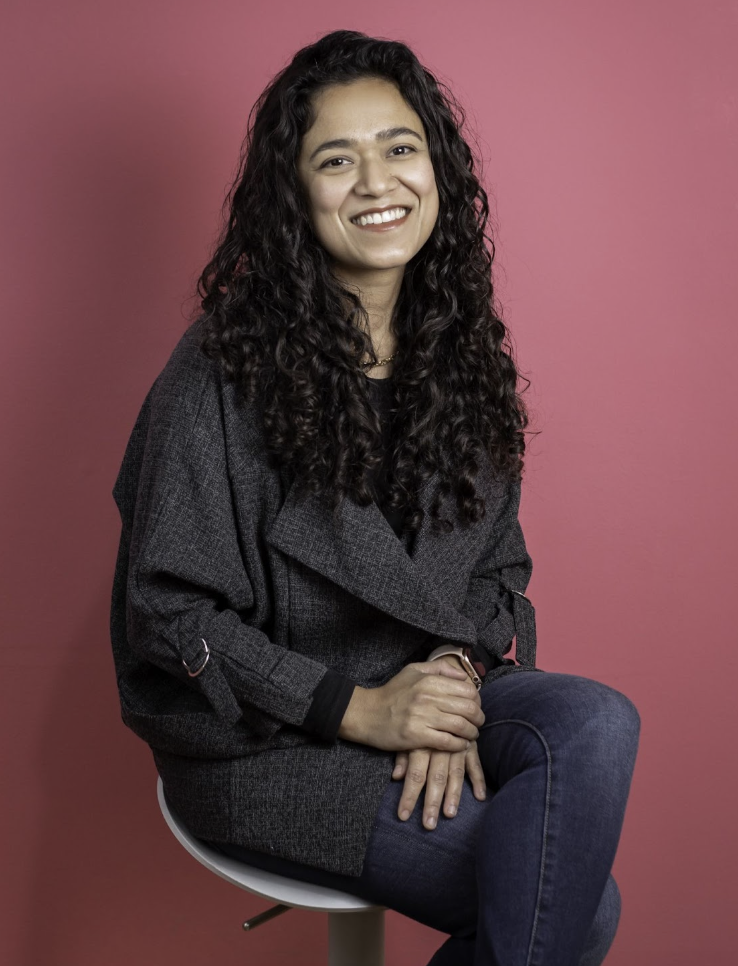
By Kiah Leone In celebration of World Sexual Health Day, I sat down with Dr. Awwad, the co-founder of Egypt’s first-ever multidisciplinary female genital mutilation/cutting (FGM/C) clinic, Restore, to learn about the care and support offered to FGM/C survivors as they navigate relationships with their bodies, their partners, and themselves. The discussion is shared in two parts: in the first part, I explored how FGM/C impacts survivors’ sexual health and the types of surgical and non-surgical therapies Restore offers their patients. In this second part, I discuss tailoring sexual education for survivors and Restore’s role in FGM/C prevention. Starting conversations around sex and sexual health within the context of FGM/C can be difficult, particularly in countries like Egypt where these topics are considered taboo: “Kids here [in Egypt] don’t grow up in schools with sex education classes or health education classes, so [FGM/C survivors] really don’t have any familiarity with that part of their body… They [survivors] don’t speak to their families [about sex], they can’t speak to their friends…you’ll find that no one spoke to their moms either and they kind of just figured it out on their own.” To help ease survivors into conversations surrounding sex and sexual health within a clinic setting, Dr. Awwad begins by getting a sense of the type of sexual education her patients have already had, if any. Depending on the patient, Dr. Awwad might provide them with a mirror and ask if they would like to see their genitalia. If the patient agrees, Dr. Awwad explains each of the genitalia’s parts. “I usually like to explain specifically about the clitoris – the anatomy of it, how it works. We talk about reaching orgasms, how a woman reaches them, and the misconceptions that are around vaginal orgasms versus clitoral. I try to give [survivors] as much information as possible.” To further assist survivors, Restore’s psychologist and sexual therapist run a program to help survivors re-identify with their bodies. “It’s all about their body…normal sensations, pleasurable sensations, all of these things…the results [from the program] have been really good so far, because the women learn how to reconnect with their bodies and feel comfortable.” Dr. Awaad emphasizes that education not only improves survivors’ understanding of sex and sexual health, but also acts as a prevention tool. “The thing that we can do to reduce FGM/C in Egypt and actually start seeing numbers going down is education. We have to educate our kids – we have to put it in the school system – they have to know.” Dr. Awwad believes that education will give young people the courage to speak against the practice. “Even in coming to report FGM/C cases, with a little girl [if you teach her] she’s going to say no, no, no, no, you can’t do that to me, you know, and she might call and report her parents or tell somebody that would help her.” This is why Dr. Awwad has connected with, Tadwein Center for Gender Studies, a research-based NGO that focuses on prevention and is producing some of the best research in Egypt around gender-based violence interventions. “The prevention aspect has to change. It’s not working…we are going to start a campaign with new messaging and test it in an area to see how people respond to it. It is [made] for the men and it will be based around sexual health, because that’s what men will actually care about…I hope it works and we get some good results. But I think that this is why we have to start approaching it from a different aspect”. By teaching men, Dr. Awwad believes it will help men to better understand the impacts of FGM/C on the lives of the women they’re closest to and hopefully encourage them to say, “I don’t want them to live like that”. “That’s why awareness is so important, letting people know the impact that it [has] on these women’s lives” For Restore it is important that they continue doing whatever they can to support survivors and raise awareness. Whether that is developing new prevention campaigns, holding events to provide free medical checkups for survivors, also to educate them about FGM/C, or participating in research that improves the care for survivors. To find out more about Restore please visit Restore’s website or follow them on Instagram.
Why sex educators need to know about female genital cutting (FGC)
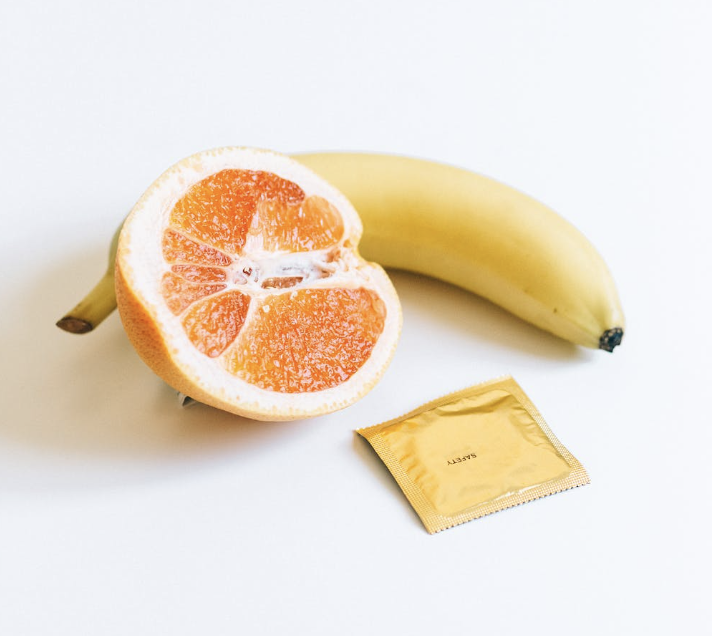
By Hunter Kessous From sophomore through senior year, I was a member of the Student Sexuality Information Service (SSIS), a completely student-run organization of sex educators. SSIS offers an array of sexual health and wellness products, confidential peer support, and educational events ranging in topics from healthy relationships and gender to sexuality and kink. SSIS’s educators strive to empower students with inclusive, important knowledge that they may not have received before college. A few months after graduating, I was invited back to campus to train SSIS members on FGC. I was overjoyed that my peers saw the importance of this issue and eagerly accepted. I covered what FGC is and why it is performed, and interlaced this with survivor testimonies from the Voices to End FGM/C project, a digital storytelling workshop that Sahiyo co-hosts. I also made sure to address any myths that students may have heard, as FGC is often misrepresented in college classes. At the end, we reflected on why it was important for SSIS members, and sex educators across the U.S. in general, to be knowledgable about FGC. Sex educators may meet survivors or people from practicing communities and are well-positioned to support survivors in their work. In 2012, researchers estimated that over half a million women and girls have undergone or were at risk of FGC in the U.S. However, this data most likely underrepresents the true number. The study only included 1st generation immigrant populations from 30 countries, neglecting 2nd and 3rd generation immigrants who are also at risk and undergo FGC. Furthermore, a recent study demonstrates that FGC is practiced in not just 30, but at least 92 countries globally. While under-researched, anecdotal evidence also shows that FGC is practiced among Christian communities in the Midwest U.S. For these reasons, sexual educators in the U.S. should expect and be prepared to work with survivors of FGC. What does this preparedness look like? Sexual educators should know the different types of FGC and reasons it is practiced. Educators must be sensitive to the nuances of FGC and approach the subject with non-judgment. Educators shouldn’t be afraid of asking clarifying questions to learn how they can best offer support for each unique individual. Additionally, sexual educators should understand the various sexual health needs of survivors due to the physical and emotional consequences of FGC. For example: All sex educators should be equipped with advice for returning to sexual intimacy after violence. Sex educators also must be aware of the ways in which FGC can often result in trauma, which include pain, fear, and difficulties reaching sexual pleasure. In addition, they should know how these issues can be addressed should the survivor want to learn more. With every community they work with, the goal of sex educators should always be empowerment. We should strive to promote safe spaces for open dialogue, validate emotions, and share knowledge to guide people to the sexual health and wellness decisions that best suit their needs. Survivors of FGC and other forms of violence have experienced a violation of their autonomy, so they stand to benefit the most from empowering interactions. Sexual educators are in an ideal position to support survivors in building their sense of agency. Sexual educators stand to grow as educators by learning about FGC. There are cross-cutting themes between FGC and other topics in sexuality that will help sex educators build their skills in all of the work they do. One example of this is gaining a deeper understanding of the intersections of culture, religion, social norms, and sex. Perceptions of sexuality are innumerable around the world and always nuanced. Studying FGC will teach sex educators how to approach conversations on sexuality with a global community. FGC can be viewed as a lens for exploring consent in a way sex educators may not have considered previously. Sex educators spend a lot of time learning and talking about consent. Some people hold the misconception that undergoing FGC is a choice, though girls who undergo the practice. are too young to fully understand what is occurring and give consent (girls often undergo FGC between the ages of 0 and 14). Additionally, all sex educators should know consent cannot be given when there is coercion. FGC often exists as a result of societal pressure placed on girls who are told FGC is necessary for them to be a woman, to be a member of their own culture and society, and to be married. For these reasons, consent can not be freely given to undergo FGC, because coercion will always be a dangerous factor. Considerations such as these can help sex educators to further contemplate and deepen their understanding of consent. Sex educators do incredibly important work by sharing important health knowledge, shattering stigma, and uplifting individuals. I urge all sex educators to make sure their services are inclusive of FGC survivors by educating themselves on this important topic. Sahiyo offers many resources on FGC to begin learning, including Dear Maasi, a sex and relationships column for FGC survivors by Farzana Doctor. Perhaps most importantly, I recommend starting this education with survivor stories like those that can be found via the Voices To End FGM/C website, and ensuring that the experience and perspective of survivors is at the center of what sexual educators can learn.
Sahiyo presents at the Mitchell Hamline School of Law in Minnesota
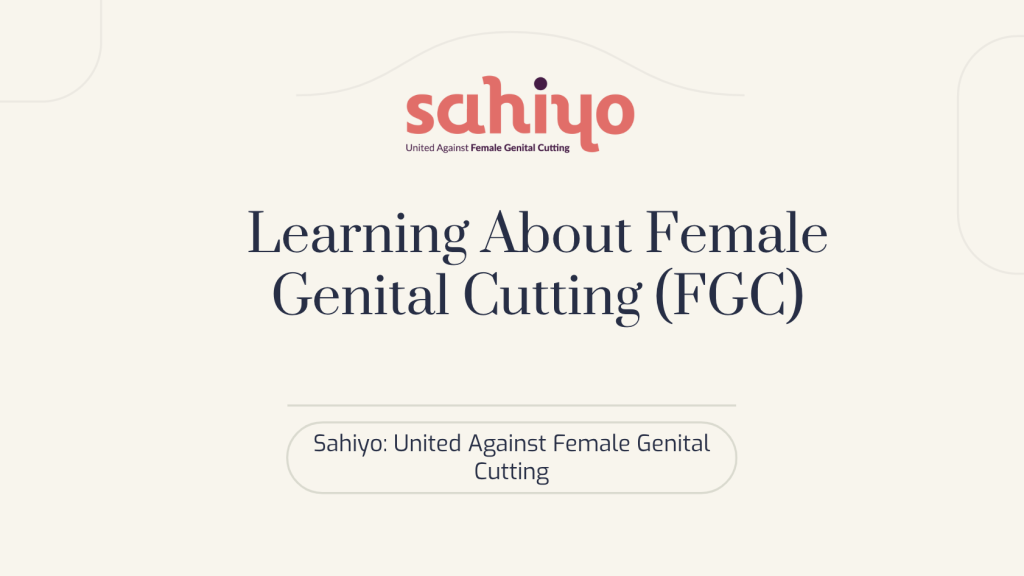
On November 2nd, Sahiyo Programs Coordinator Catherine Cox and current volunteer (as well as former Development Assistant) Sarrah Hussein partnered on a presentation for a class at the Mitchell Hamline School of Law in Minnesota on the topic of female genital mutilation/cutting (FGM/C). The presentation included some background on what FGM/C is, it’s prevalence in the U.S., and some legal background in the United States. More specifically, they introduced some of Sahiyo’s past legal work in Massachusetts, and current work to get a comprehensive state-wide law passed in Connecticut . To learn more about Sahiyo’s community education and outreach programs, visit this page on our website.
Sahiyo presents at the MACA Conference
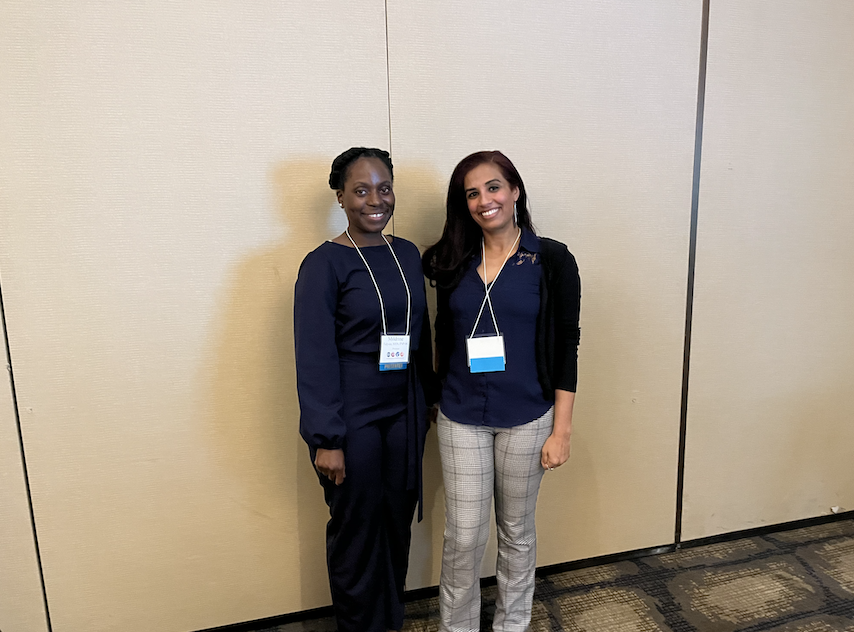
On May 10th, Sahiyo presented at the 12th Annual Massachusetts Children’s Alliance Conference. In attendance were over 200 multidisciplinary child abuse professionals from across the state. Sahiyo cofounder, Mariya Taher, partnered with Mildrine Tulysse, a Massachusetts Pediatric Sexual Assault Nurse Examiner, to provide information about the realities of female genital cutting (FGC) in the state of Massachusetts. The training they provided was done to increase education and awareness of FGC within the United States, provide resources to better understand how to give high-quality care to survivors; and empower frontline professionals to develop culturally competent and trauma-informed services and resources to survivors of FGC.
